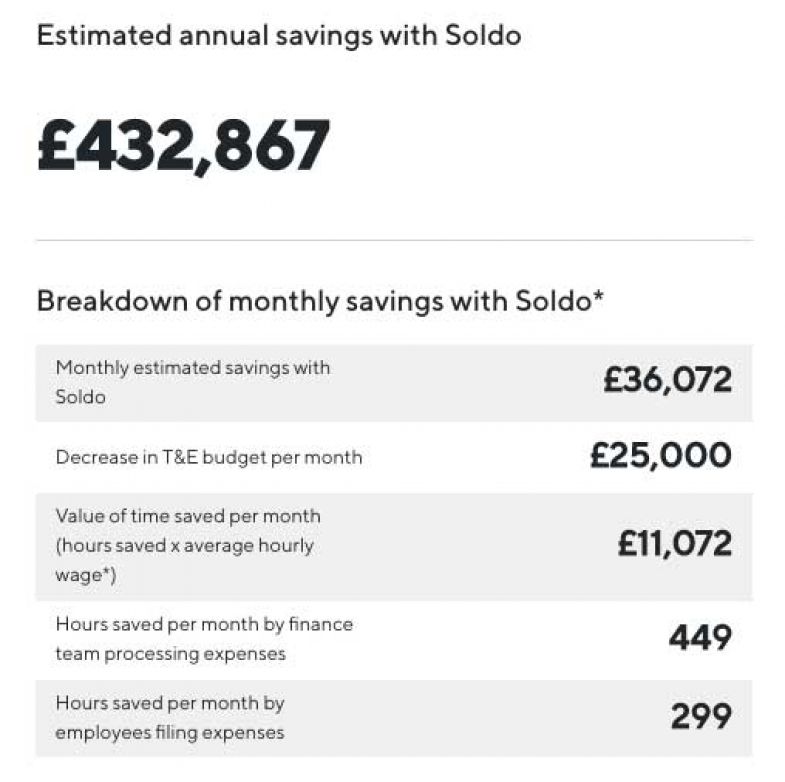
Source:
iStock

How can budget holders at universities ensure that the people who need to make purchases can do so while allowing speed and flexibility?
As universities grapple with sudden shifts in the way they work and deliver learning because of the coronavirus, carefully planned budgets have probably been set aside. Departments are having to make quick decisions about purchases such as remote learning software subscriptions or equipment to support staff to work from home. Institutions are realigning budget and spending expectations for a new academic year that may look very different to what they had planned.
Working with traditional expense reimbursement systems or corporate credit cards can make this difficult. Cards can be declined if they go over a certain limit and are difficult to reallocate if another staff member needs to make a purchase, while reconciling expense receipts can be time-consuming and clunky for finance managers. “Universities are looking for control over those important spend areas that can’t be delayed,” says Hannah Murray-Sykes, head of portfolio marketing at Soldo, a spend and expense management platform that includes prepaid credit cards.
Even before the coronavirus, it was a financially challenging time for higher education institutions, with reduced funding and no guarantee that tuition fees will continue to bring in the same level of revenue. There is also intense scrutiny into how universities manage cash: non-salary teaching costs such as staff travel or library items can account for as much as 18 per cent of university spending, according to the British Universities Finance Directors Group. Soldo enables budget holders to have more control and transparency over this spending: physical or virtual cards, backed by Mastercard, can be distributed to different members of staff, budgets can be set at individual or departmental levels or on a per-transaction basis.
This means that finance departments can map spending according to how departments work, depositing funds into dedicated sub-accounts for different faculties, functions or members of staff. Cards can be managed on a daily or weekly basis and set to automatically top up if they hit a certain level. Universities can control to a high degree what cards can be used for (for example, restricting gambling outlets) so that spending can be focused on what that department or individual needs. If it’s a one-off purchase, the exact amount can be loaded on to a card to avoid timely approval processes while avoiding overspending.
Typical expenses such as academic conferences may not be taking place at the moment, but it is still crucial that institutions can manage budgets in an agile way. “Travel may not be happening but that doesn’t mean the need to buy things stops: there may be student experience purchases or subscriptions needed,” says Murray-Sykes.

Soldo’s cloud-based console means that finance departments can see where spending is happening in real-time and ensure that purchases are not duplicated, while card holders can download an app that records their spending and enables them to capture and submit receipts immediately. “This gives back time and control to finance staff and those who are spending – there is oversight of transactions as they happen so you’re not waiting until the end of the month to reconcile everything,” she adds.
Plymouth College of Art moved to Soldo after using traditional corporate credit cards to make small transactions. Its small finance team were at one point managing about 70 cards, according to finance director Mark Taylor. “It was quite a laborious process: downloading information, splitting it up, sending it to users, getting them to attach receipts and send it back, and then importing it to the filing system,” he says. The team now manages around 100 prepaid Soldo cards, setting individual limits and how different staff can use them. Every expense is assigned to the right budget each time as this has been set up in Soldo by the finance team. It is easy to spot anything unexpected or suspicious, which helps the college avoid fraud. Furthermore, staff like the new system.
While it is hard to predict when “normal” academic service may resume, being able to adapt budgets as different needs arise will help universities respond to market shifts. Whether that is a marketing campaign to boost student acquisition once lockdown restrictions are lifted or funds to advertise for new staff, budget holders can have visibility and control while also making staff accountable for their own spending. “Right now, everything is about timing – every week matters,” says Murray-Sykes.
It is a challenging time for higher education, but having flexibility over budgets and oversight of spending will be crucial as universities begin to emerge from the impact of the pandemic.
Find out more about Soldo and calculate savings for your university.


